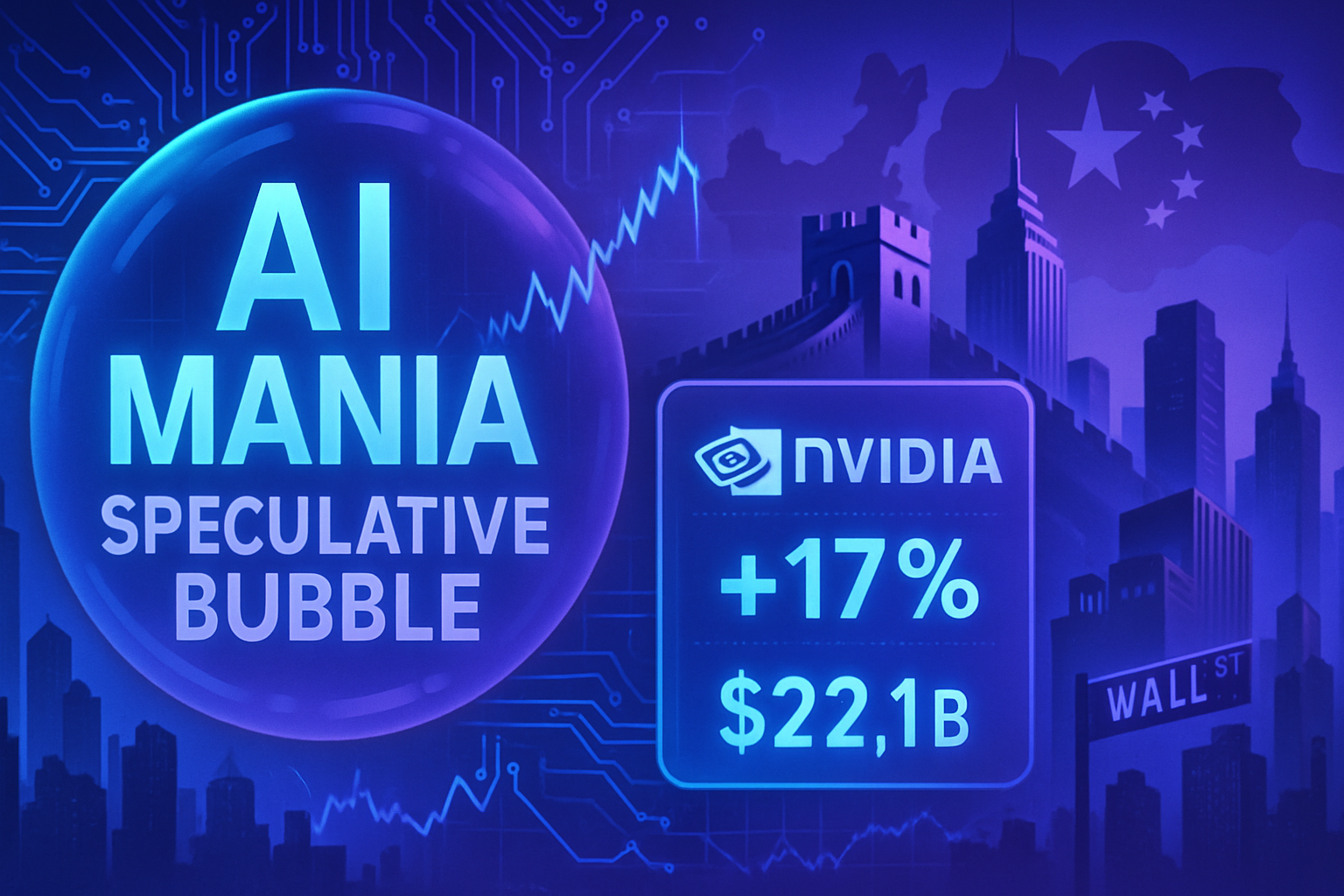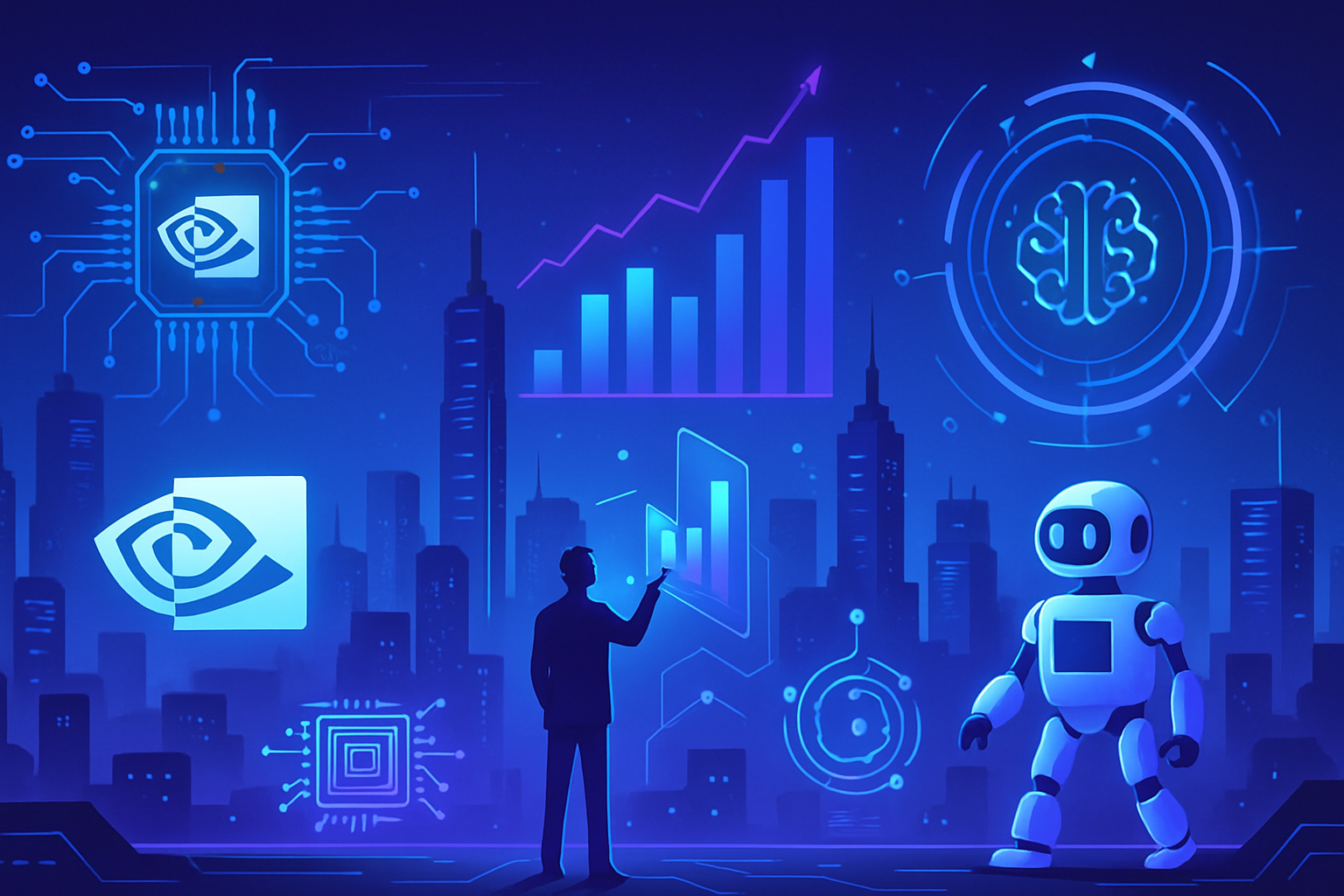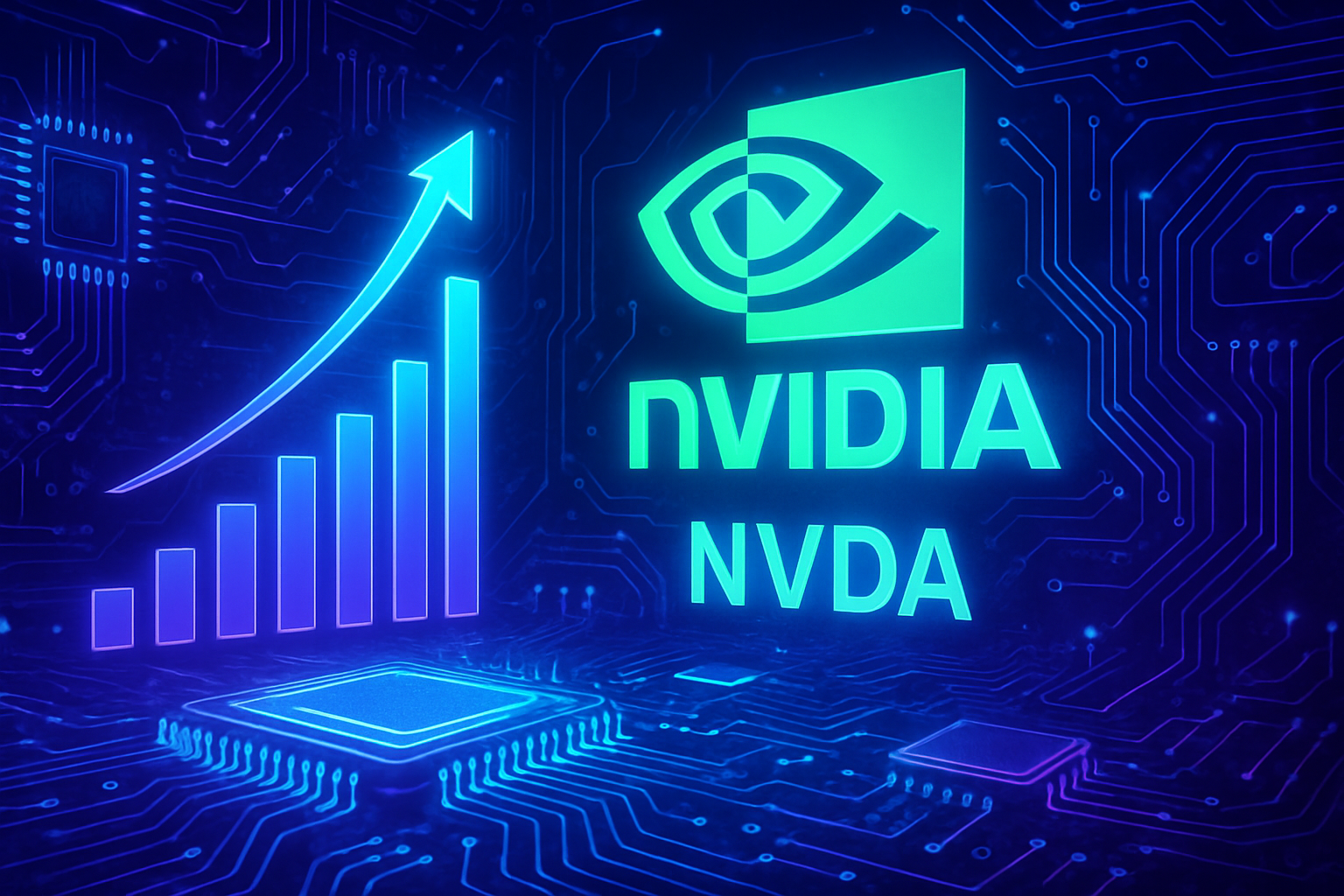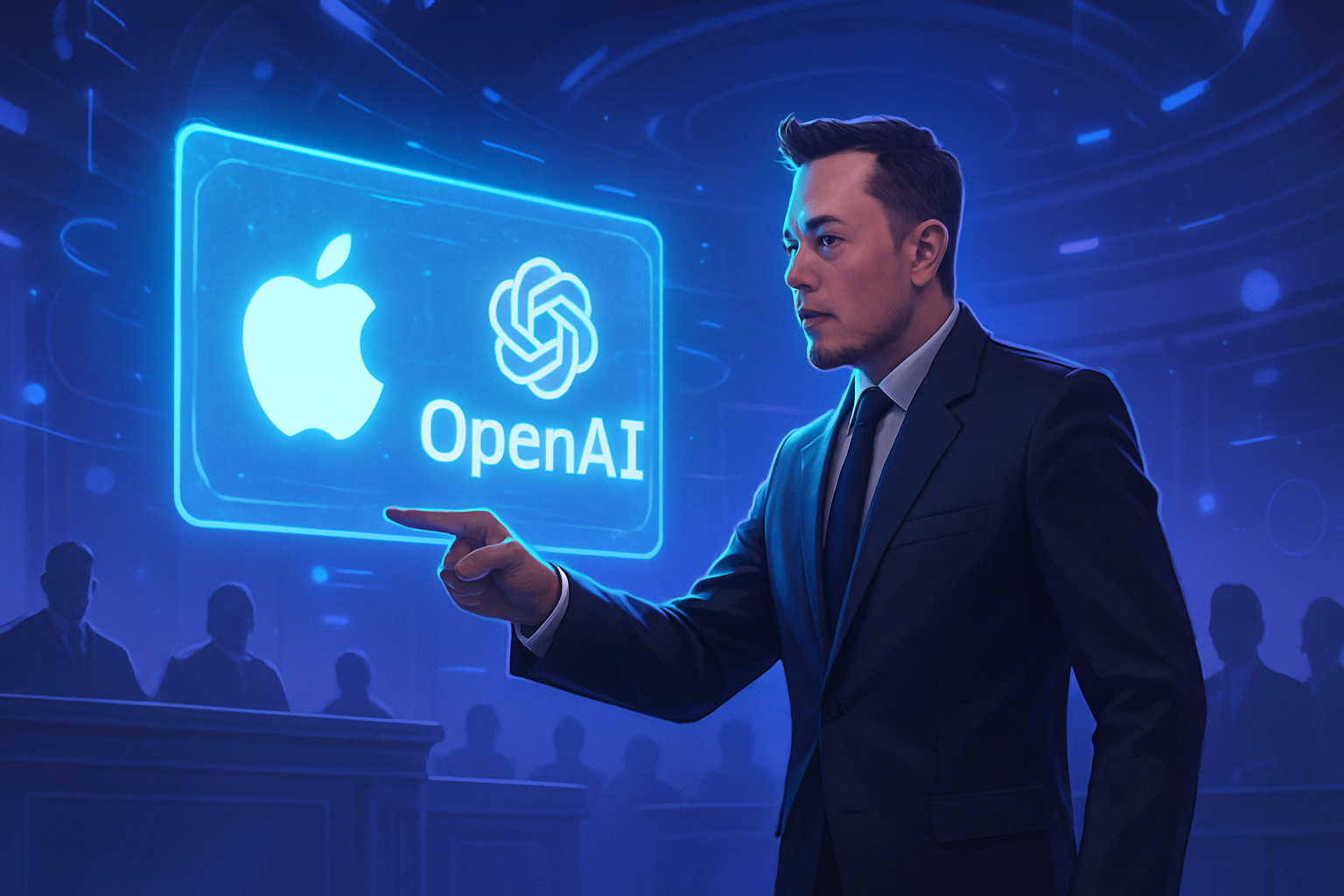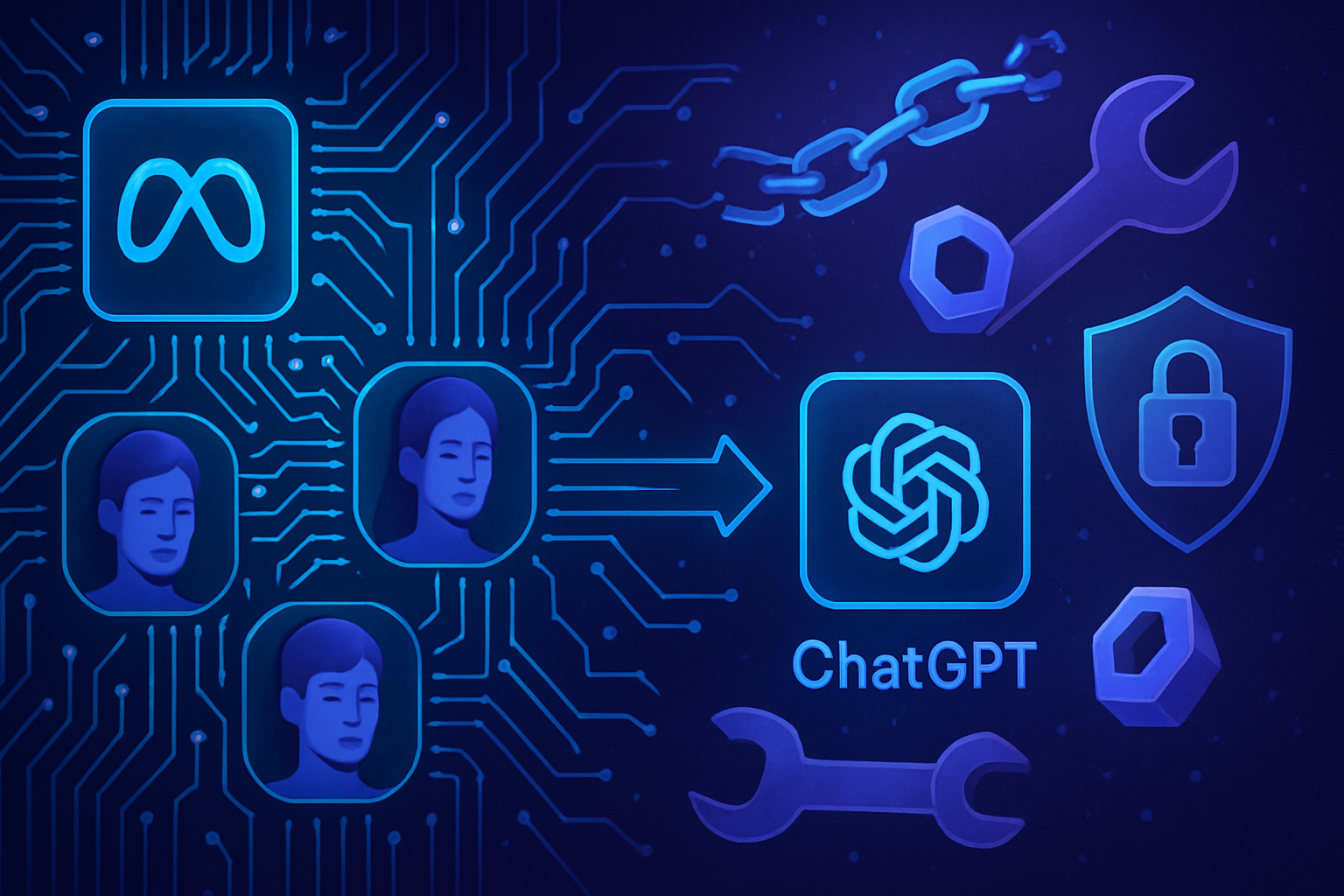At Wimbledon, the introduction of an AI-based electronic officiating system has sparked unexpected controversies, notably among tennis players. Disputed decisions by players reveal the flaws of a technology deemed too infallible by its designers. The accuracy of Electronic Line Calling appears to clash with repeated errors during matches, causing palpable frustrations on the court. A questioning of the authority of judges arises in a world where technical innovation takes precedence over the human element, chaining unpleasant circumstances and passionate debates.
Replacement of Line Judges by AI
For the first time, during the 2025 edition of Wimbledon, line judges were replaced by a virtual assistant powered by artificial intelligence. This system, known as Electronic Line Calling (ELC), uses advanced technology to analyze the trajectory of the ball through a multitude of cameras installed on the court. This initiative aimed to provide increased accuracy in decisions, but the results of this innovation have sparked controversies.
Players’ Reactions
The new system has sparked significant criticism from male and female tennis players. During a match on July 4, British athlete Emma Raducanu condemned an error during a crucial point. The electronic officiating counted a shot by Aryna Sabalenka, although it would later be deemed “out” in a subsequent video analysis. Such errors call into question the reliability of this system and raise concerns about its effectiveness.
Player Jack Draper also expressed his concerns about the imprecision of the service, stating that the system “is not 100% accurate.” These criticisms are even more alarming in a sporting context where every point can change the outcome of a match.
Notable Incidents
Notable incidents have stirred the tournament. During a match between Sonay Kartal and Anastasia Pavlyuchenkova, a point had to be replayed because the ELC malfunctioned. Kartal reacted with strong indignation, claiming to have been wronged: “They stole the game from me.” The competitor ultimately triumphed, but the controversy surrounding the system has intensified.
Organizers’ Apologies
The organizers of Wimbledon issued apologies, citing a “human error” that led to the temporary deactivation of the ELC. This situation has raised questions about the appropriateness of such a replacement. Debbie Jevans, the chairperson of the All England Club, commented on the matter on the BBC, stating that their choice to incorporate AI responded to a growing demand from the tennis community advocating for optimal precision.
Technological Perspectives
As the use of AI in sports intensifies, other sectors such as tourism and customer service are also drawing inspiration from it. Club Med, for instance, explores new forms of customer engagement using digital tools to optimize interaction. More broadly, articles on technological advancements and AI in various fields are becoming essential to understand this trend.
In the long term, in-depth reflections are necessary regarding the use of such innovations live. The implications of technology in sports not only pertain to technical issues but also touch on fundamental human concerns, such as judgment and fairness. These are issues that deserve special attention in this era where AI regularly transforms the sporting landscape.
FAQ on the Use of Artificial Intelligence at Wimbledon
What is the main function of the AI-powered virtual assistant at Wimbledon?
The virtual assistant, via Electronic Line Calling (ELC), replaces line judges by determining whether the ball is inside or outside the court’s boundary lines.
How does the ELC system function concretely on the court?
The system uses around ten cameras placed around the court to capture the movement of the ball and assess its position relative to the lines.
What types of errors have players reported regarding the ELC?
Several players, including Emma Raducanu, have reported errors where the system incorrectly judged balls, miscounting them as inside.
How does Electronic Line Calling affect the dynamics of matches?
The introduction of ELC can create frustration among players when they see errors, which can influence their concentration and performance on the court.
What have been the players’ reactions to the use of AI at Wimbledon?
Many players have expressed concerns regarding the accuracy of the ELC, with some going so far as to say it is not 100% reliable, and that this affects point counting.
How do the Wimbledon organizers justify the use of a virtual assistant?
The organizers argue that the ELC is supposed to provide greater accuracy compared to human line judges, thus responding to earlier demands from players for more reliable technology.
What measures can organizers take if errors occur during a match?
In case of errors, the organization can call on umpires or, as in some cases, declare that the electronic officiating was erroneously deactivated, thus affecting decision-making.
What impact has this had on the outcomes of recent matches?
Controversial decisions made by the ELC have potentially affected matches, provoking disputes from players regarding the validity of the results.
Are modern officiating tools like the ELC accepted by all players?
No, there are divisions among players; some support the technology for its accuracy, while others doubt its effectiveness and prefer human line judges.

